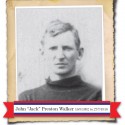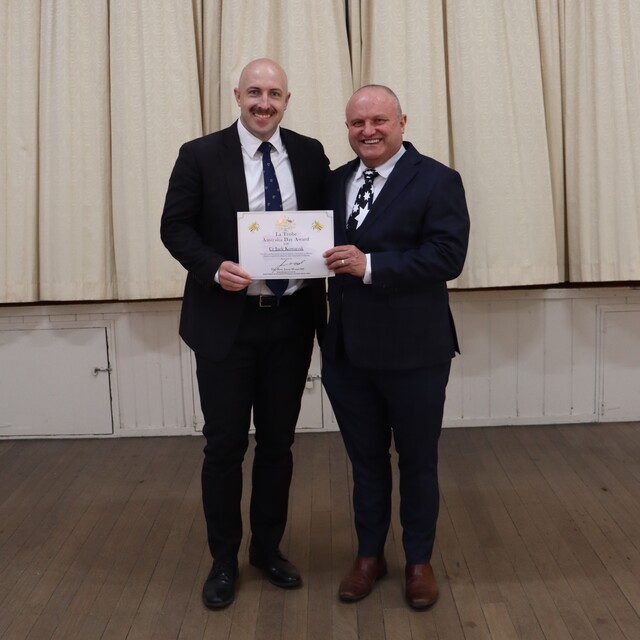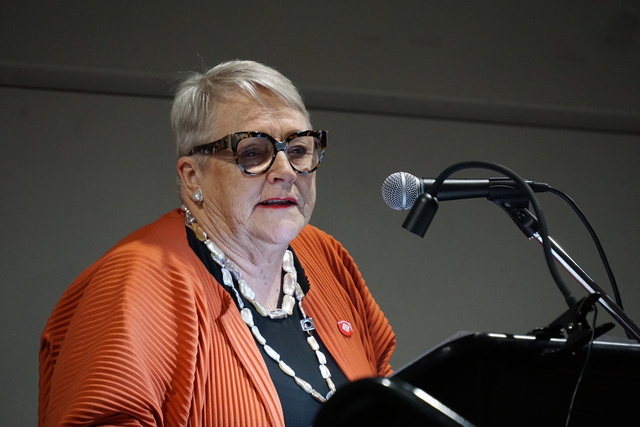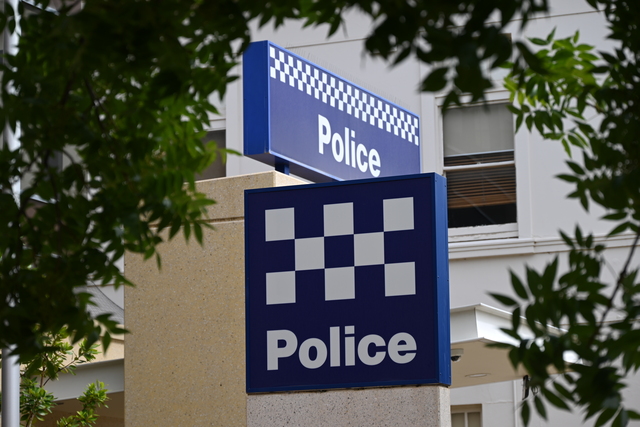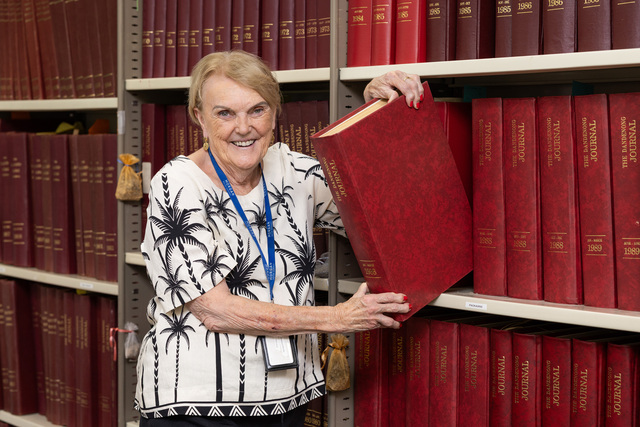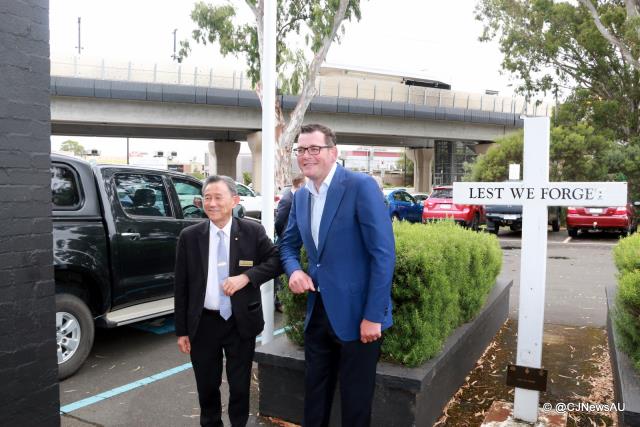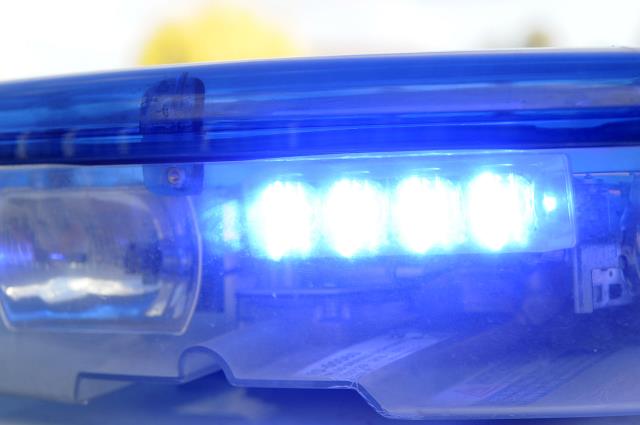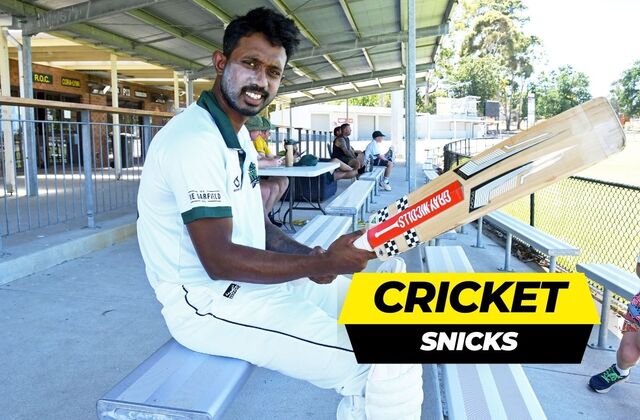
By JARROD POTTER
“J. WALKER had an off day.”
No-one would have thought at the Berwick Shire News this innocuous jab at an up-and-coming talent would be the last football report written about Dandenong’s John ‘Jack’ Walker, who died in service during World War I.
Those six, simple words – which summed up the Dandenong forward’s Berwick and District Football Association grand final performance in 1914 – were not a strong showing for the man who had excelled at the Dandenong Showgrounds in 1913 and 1914.
Usually highlighted in each week’s edition of the South Bourke and Mornington Journal (a predecessor of the Dandenong Journal), most supporters, coaches and players would have expected the strapping, Brighton-born man to return from the front and continue on as a league footballer or lawyer.
But such was the extent of the Great War – which claimed brave men from either side indiscriminately – that “one of the bright stars in the constellation of Dandenong footballers” flickered and faded away in 1916.
1914’s showpiece match – the ‘challenge’ grand final between Dandenong and Pakenham – was not a fitting end to Walker’s football journey, but sadly for all gathered, it would be the last time they saw Jack Walker on a football field.
Pakenham defeated the powerful Dandenong line-up twice – first in the second semi-final, then again in the grand final as Walker’s men fell by four points in a nail-biting finale.
Walker had joined Dandenong after he tried his hand at league football three years earlier – heading down to the Junction Oval to join up with St Kilda for a bid at some early league fame.
From his four matches for the red, white and black brigade – Walker kicked a goal apiece against Geelong and Fitzroy respectively in 1911, but his time in league football was short.
He moved to Dandenong to take up with the Redlegs and also pursue his law studies – but with a superb kick, and the chance of returning to the city to take up a law practice, who knows what could have been in Walker’s football career had war not intervened.
He was also a champion cricketer – as so many grand footballers of the time were – leading the batting averages for the East Melbourne Cricket Club in 1912-13.
At the Dandenong Football Club’s 1914 annual meeting, Walker was acknowledged alongside his other enlisting team mates – with 15 swapping their Dandenong strip for Australian service uniforms.
His mastery of the pen was almost as skilful as his moves on the football field as the budding law student captivated his family and friends – and subsequently the wider community – with his letters from the front.
He eulogised lost team mates in a letter published in the Journal on 26 August 1915, when faced with the grief of losing his football field and battlefield brethren – well-loved Dandenong siblings, the Couve brothers.
“Those who faced the task in the beginning, and were killed, did their duty and died like men. Even I, who am not a military expert, can vouch for that,” Walker wrote.
Walker rose to the rank of Sergeant and advanced as an infantryman in the 8th Battalion through Gallipoli and Western Europe.
His biggest, and most notable correspondence, was printed in the Journal in October 1915 where he described how he and other Dandenong area soldiers were faring at Gaba Tepe – as part of Anzac Cove at Gallipoli and the joy of reading about home.
“I received a bundle of 3 or 4 ‘Journals’ last week and passed them on to Jim Kennedy, etc. They all look forward to Dandenong papers and are very glad to receive them,” Walker said.
“I am glad to hear that lots of Dandenong men have enlisted since the great recruiting campaign and, of course, there are plenty on their way here, but I hope we’ll finish off the Turk before they get here, and meet the last lot on our way back.”
After withdrawing from the failed task in Turkey, just before Christmas 1915, another half-year was all Walker, like so many Australian men, had left on Earth.
He perished in Pozieres in July 1916 – a campaign of immense scale and equal parts tragedy at the Somme on the Western Front.
The last letter received about Jack Walker was sadly addressed to his father – Mr William Henry Walker – stating his son had made the ultimate sacrifice for his country.
“Walker – who was educated at the Melbourne Grammar School, was a first class athlete, having played pennant cricket with the East Melbourne team, and league football with St Kilda,” The Journal report read.
“During his residence in Dandenong, he was a prominent member of the local cricket and football teams and was a general favourite with all sections of the community.”
“Sergt Walker served at Gallipoli and afterwards France.”
His memory was honoured by the footballers – who all wished he could be there to rove the packs and snap impressive goals – as “the locals wore armbands out of respect for the late Sergeant Jack Walker,” reported by the Journal in September 1916.
He was one of 92 VFL (now AFL) players who gave their lives in World War I, honoured around the grounds on Saturday as part of the AFL’s Anzac Day commemorations.

